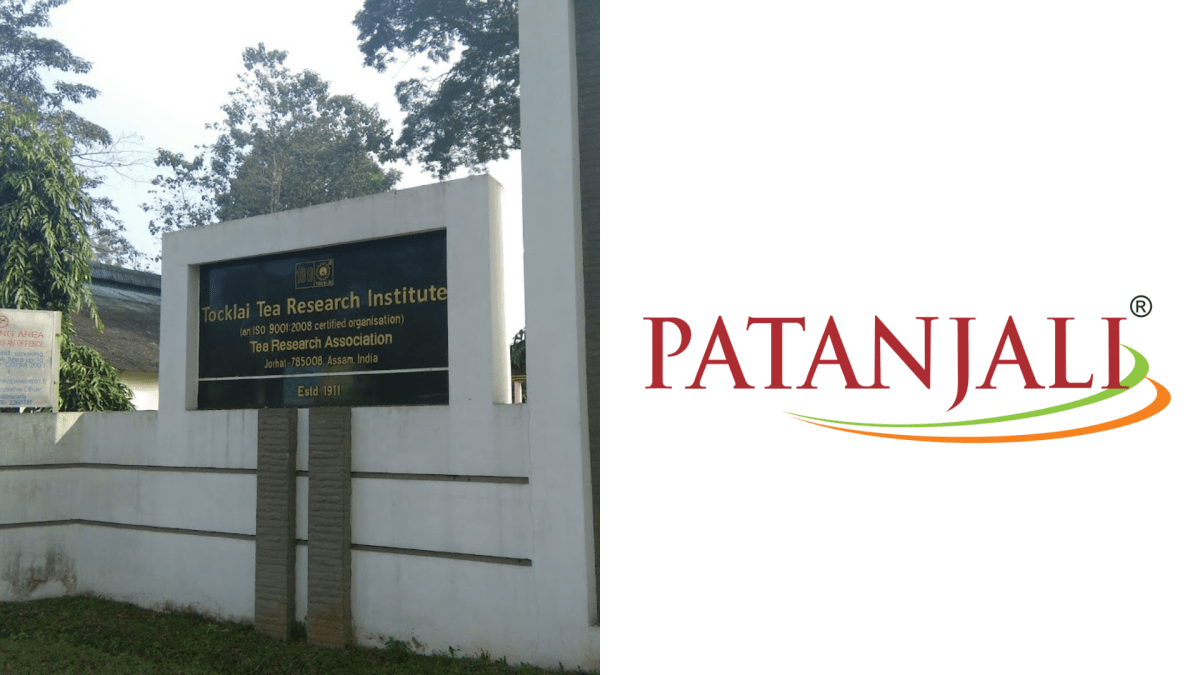
The Tocklai Tea Research Institute in Jorhat district of Assam is planning to sign Research MoU with Patanjali Ayurved Ltd to collaborate on advanced research to extract several chemical compounds from tea seeds and leaves to be utilized in medicine, cosmetics, and wellness products.
Balkrishna, MD, Patanjali said that “Patanjali will work with Industries and Commerce Department to promote medicinal plantation in Assam and buy back from farmers for their products manufactured in Sonitpur and Haridwar.”
This decision of signing an MoU was taken at a meeting in Guwahati between Assam Industries and Commerce Minister Chandra Mohan Patowary and Patanjali Ayurved MD Balkrishna.
‘This will open new vista of opportunities in tea sector and revitalise the industry significantly’, said Minister Patowary. Furthermore, he hoped that since Assam has a huge presence of medicinal plants, therefore collaboration with Patanjali will surely drive huge benefits to the state.
About Tocklai Tea Research Institute:
-
The Tocklai Tea Research Institute was established in 1911 in Jorhat district, Assam, India. Tea Research Association popularly known as TRA Tocklai looks after the Research & Development requirements of the Indian tea industry.
-
This organization undertakes basic and applied research on tea cultivation and processing for northeast India. A large chunk of the research work is carried out at Tocklai, while area-specific research for Dooars is carried out at NBRRDC, Nagrakata.
-
It promotes and carries out research on tea with the objective of improving overall productivity and quality. It’s a pioneer and innovator in providing extension services to the tea industry. Research on all aspects of tea cultivation is carried out at Tocklai Tea Research Institute, Jorhat, Assam, and at North Bengal R&D Centre, Nagrakata, and West Bengal.
-
Research on the pharmacological properties of black tea is administered at Kolkata and other institutes across India with collaborations.
Technologies developed through R & D are disseminated to the member gardens through a wide network of advisory personnel who conduct regular hands-on demonstrations as well as workshops.
(Source: Economic Times)
















